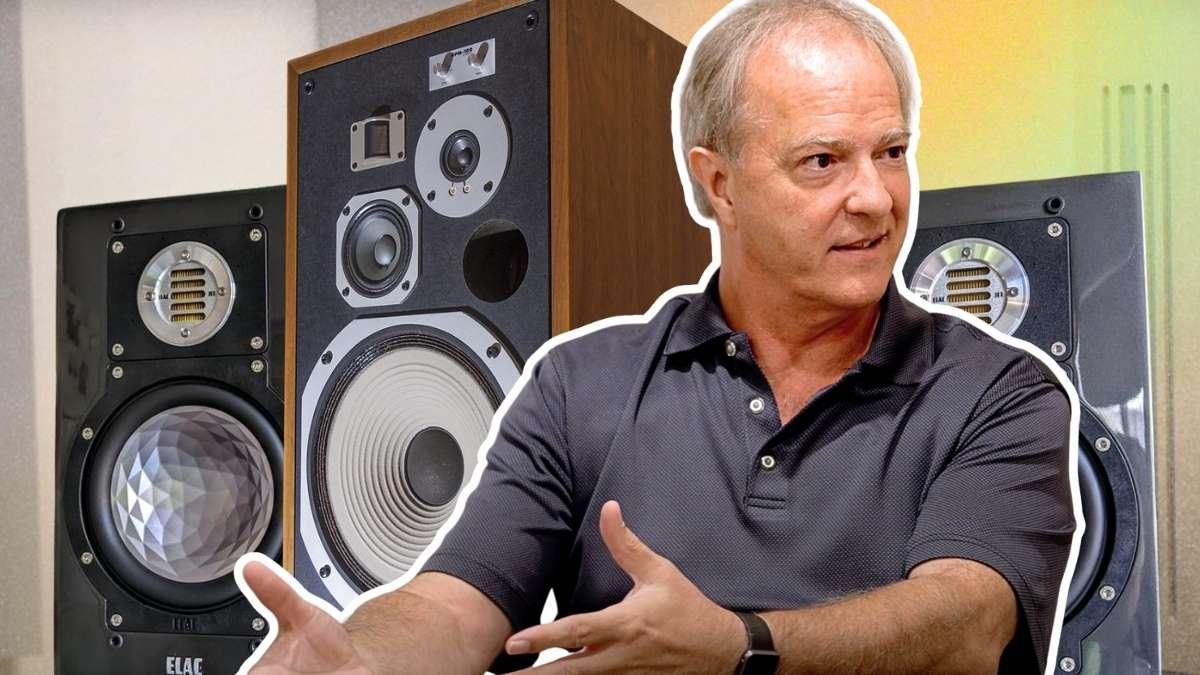“accuracy” can’t be pinned down universally, preference trends do exist. Still, no single tuning works for everyone.“
Multiple experts have shared their insights on this:
You can’t have all three at once. Want a small speaker with deep bass and high output? Physics says no.
There are more such insights. Read here:

 www.headphonesty.com
www.headphonesty.com
Multiple experts have shared their insights on this:
- Karlheinz Brandenburg, who helped invent the MP3, says we’re still limited by human hearing. Even perfect digital files end up going through analog parts, like the DACs, amps, speakers, and rooms, that add their own flaws.
- Audio engineer John Watkinson also pointed this out years ago. You can start with a perfect signal, but once it hits the real world, it’s not perfect anymore.
- Dr. Earl Geddes adds even more layers: your position in the room, speaker direction (polar response), and reflections from walls or ceilings all change the sound. It’s different at every seat.
- Joshua Reiss ran studies comparing high-res audio to CD quality. His results? There’s a difference, but it’s small, and it only stands out in controlled settings. Most people wouldn’t notice during everyday listening.
- Dr. Sean Olive’s research also found that listeners don’t always agree, but there are strong patterns. Many people preferred a slight bass boost and smooth treble, which is the basis of the Harman target curve.
Every design choice has a cost
Jones and others often talk about the “triangle” of speaker design. If you push for one goal, you usually give up something else.
Here’s what that looks like in practice:| Goal | What You Gain | What You Give Up |
|---|---|---|
| Deep bass | Low-end extension | Efficiency or small size |
| Small cabinet | Compact design | Bass depth or efficiency |
| High sensitivity | Easy-to-drive speaker | Bass output or compact size |
You can’t have all three at once. Want a small speaker with deep bass and high output? Physics says no.
There are more such insights. Read here:

Legendary Speaker Designer Says Hi-Fi Accuracy Is a Myth and the “Perfect Sound” Doesn’t Exist
Chasing "the sound the artist intended" is a losing game no one can actually win, according to experts.
 www.headphonesty.com
www.headphonesty.com

